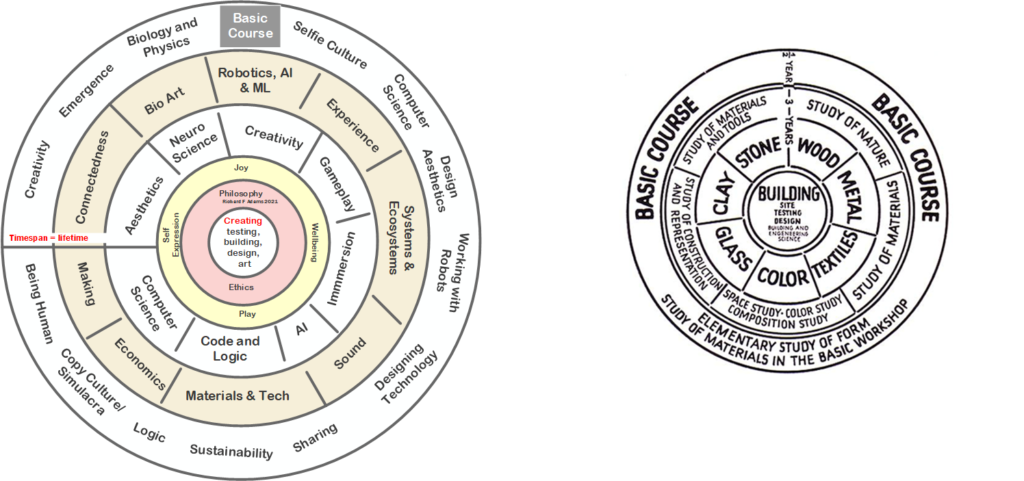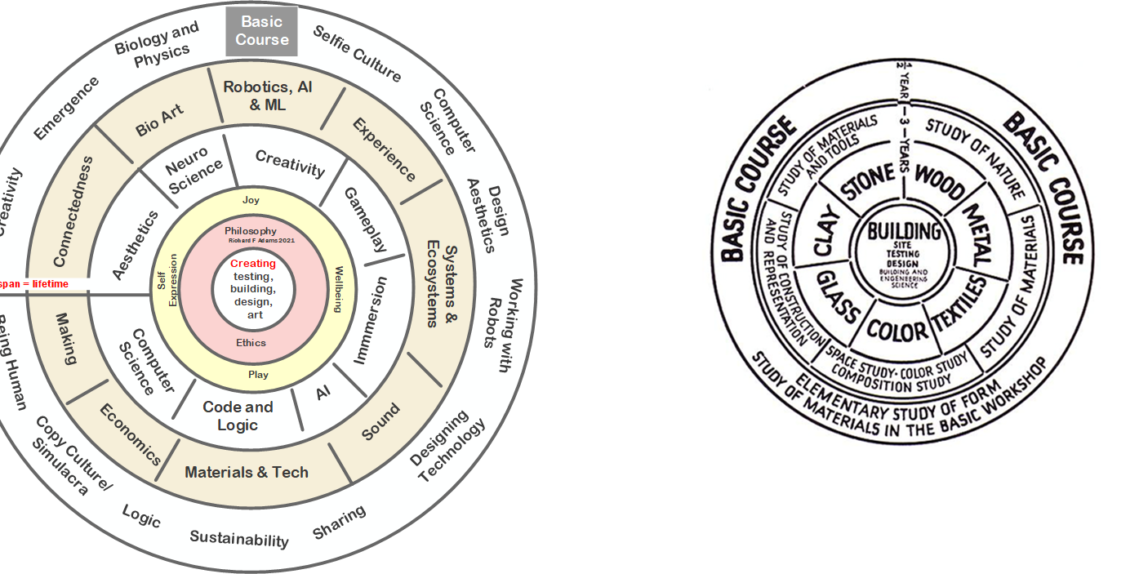The cuts to arts education and the lack of funded arts opportunities in the UK may have unintended consequences for the UK as a whole.
Health
We have all sorts of evidence, gained over decades of the efficacy of the arts in terms of making people feel better https://www.health.harvard.edu/mental-health/the-healing-power-of-art. When people feel better, they suffer less from illness, relieving stress, aiding communication, and helping arrest cognitive decline. The NHS is a key civilising leveller in society, in that everyone can get treatment when they need it, at no upfront cost, however it is expensive. Treatment need not be reactive, in fact there’s growing pressure to make the NHS proactive, prescribing exercise is one, prescribing arts should be another. My own work has cost the NHS not a single penny and yet it has rendered me able to deal with PTSD, which is otherwise expensive to treat www.richardfadams.com/antiselfies.
Neither of these options need cost the NHS as much as the reactive drugs-based treatments that are routinely applied. A national programme of arts, culture and exercise could be much cheaper to run while reducing the strain on the NHS and therefore cost.
So why isn’t the government exploiting these properties?
Soft Power
The Beatles sold hundreds of millions of records. Their songs are recorded and sung across the globe. They are obviously British, referencing British cultural signifiers throughout their carer. What started as a failed emulation of American culture became something that many regard as the high water mark of British pop culture, taking our totems and signifiers to the world. They made being British cool.
Hollywood’s hegemony and reach are key indicators of the value soft power has. Travel anywhere in the world and ask for a cab, people know what you mean. Hollywood has sold the American dream so powerfully that the model of modernity on the second half of the twentieth century was distinctly American. International English is now a version of US English.
If you don’t believe in the power of art as a cultural “weapon” then ask why the CIA funded abstract expressionism. https://news.artnet.com/art-world/artcurious-cia-art-excerpt-1909623
So why is the UK government not funding the arts with an international outlook?
Education
Art education is often seen as a lazy way out for students, but it needn’t be, it could be rigorous, demanding and highly relevant as well as highly economically productive (on top of what the arts already contributes – billions in GDP) yet it is always talked about as being a fluffy subject, based around self-expressionistic indulgence, when in fact many arts people use their education in a variety of scenarios and very successfully.
The UK government is reducing spend on arts education as they don’t see the skills as being viable in the emerging industrial society. This is flawed thinking and in fact the skills given students via a reconfigured art curriculum could put them front and centre in the century if sci-tech.
The way we teach art is in part via a corrupted version of the model the Bauhaus used. The Bauhaus gave us a clear model of an art and design school that was totally geared towards industry, mass production and architecture. There is no reason why our current arts curricula couldn’t be re tooled to suit 21st century needs. Take a look at the two curriculum models, one from 100 years ago one I’ve written this year. Same approach, same rigour but based entirely on arts through the emerging tech and science economy.

A new model of that could be geared towards the emerging industries based around science and teach. Art education could be the key creative driver behind the UK becoming a powerhouse of tech.
